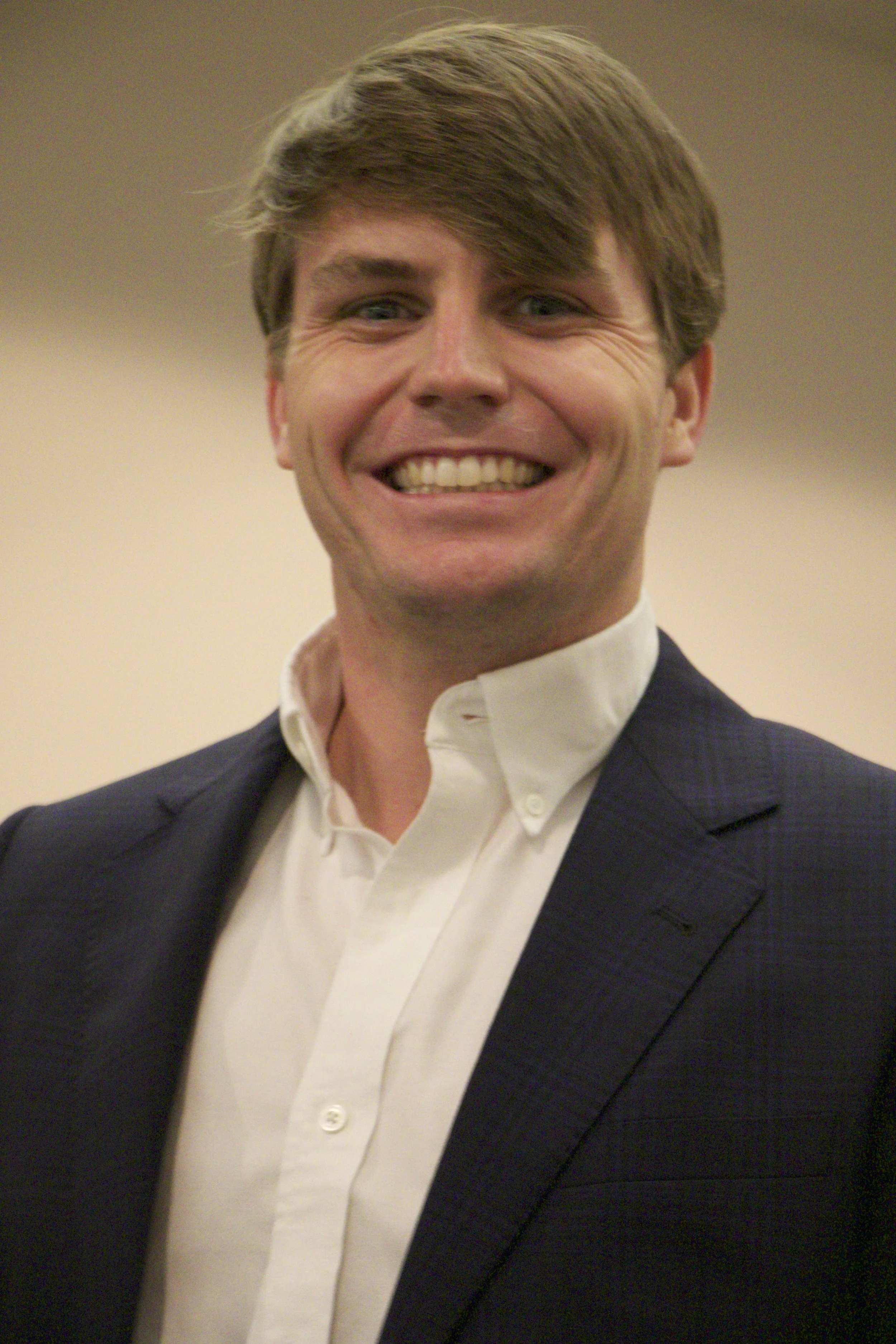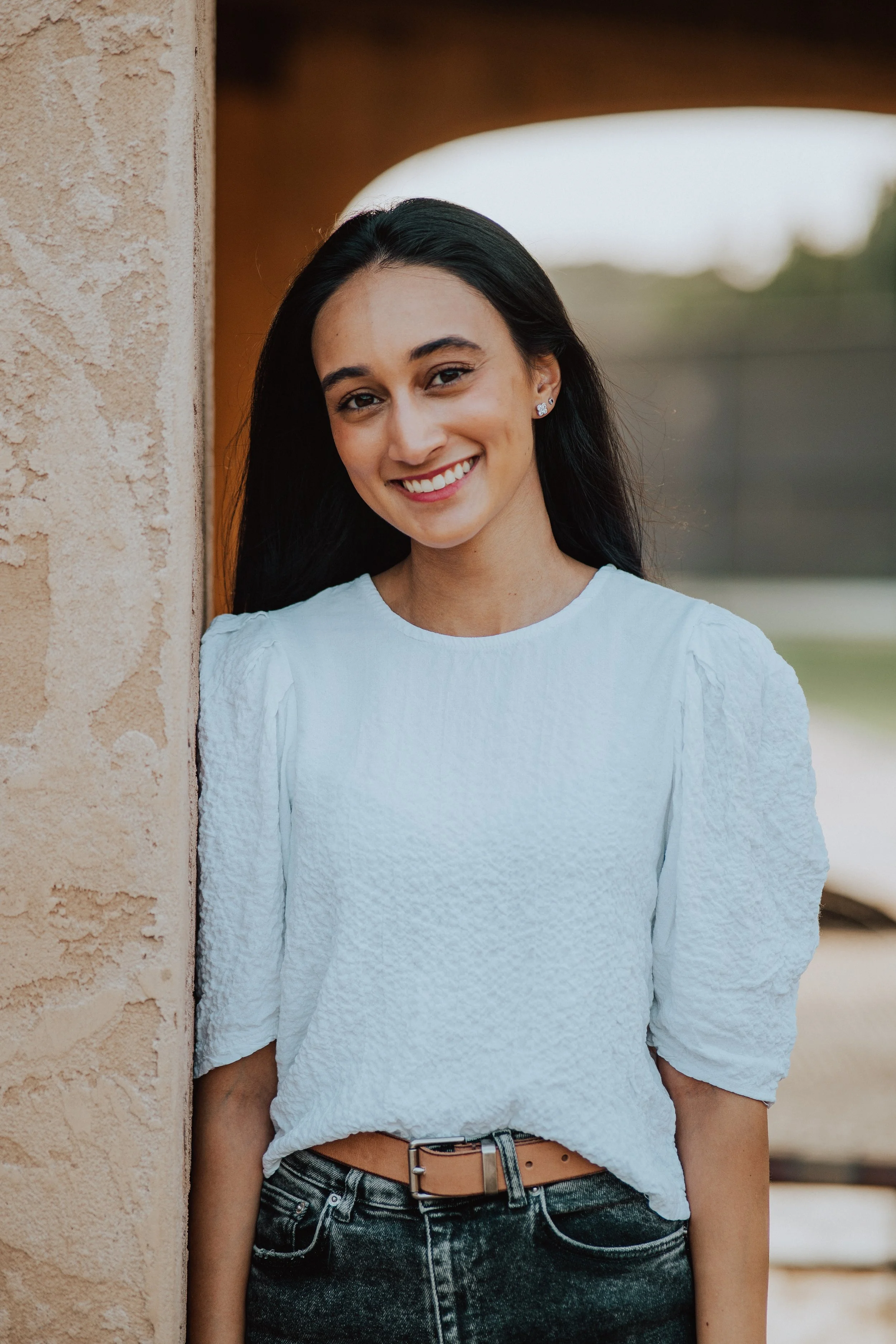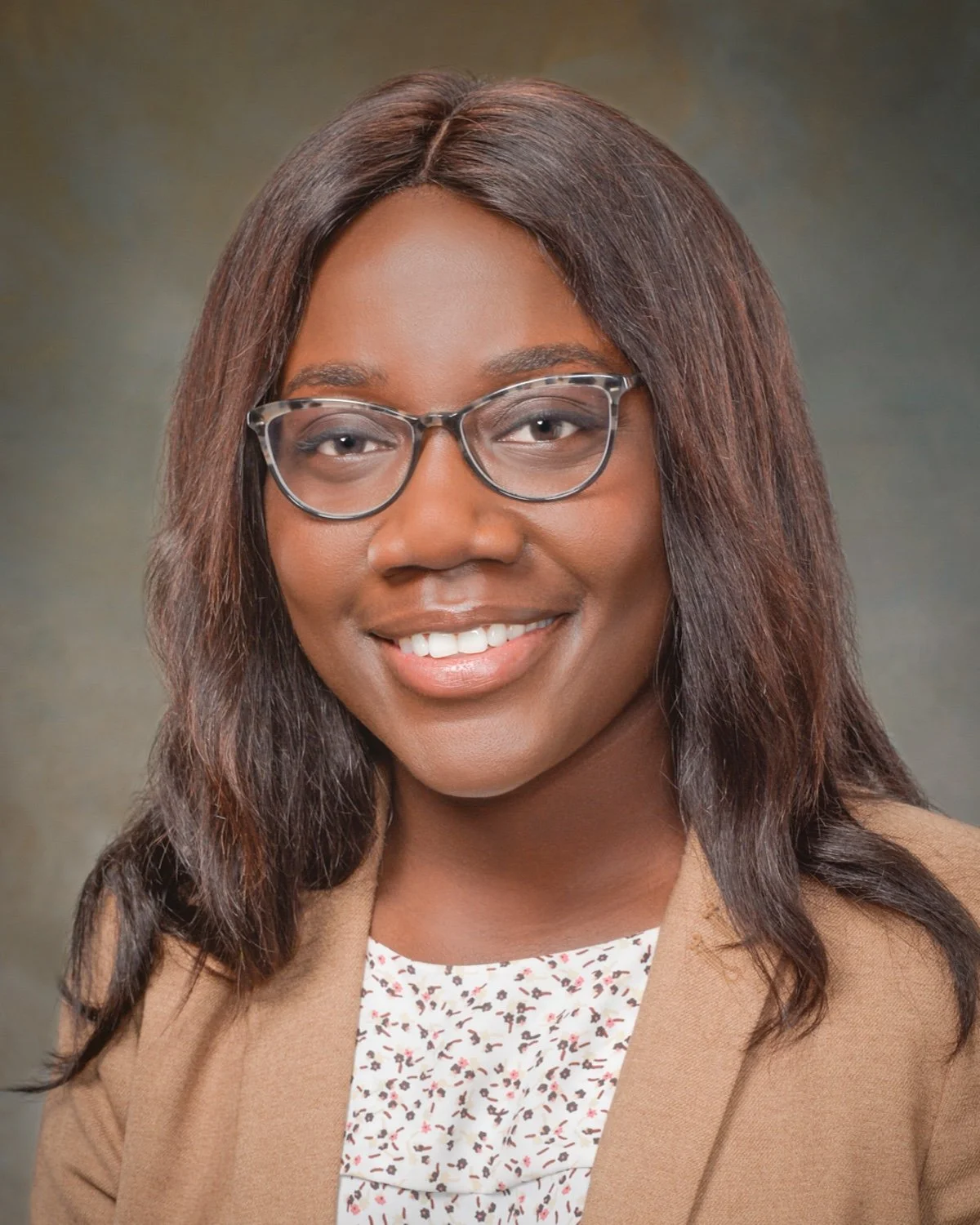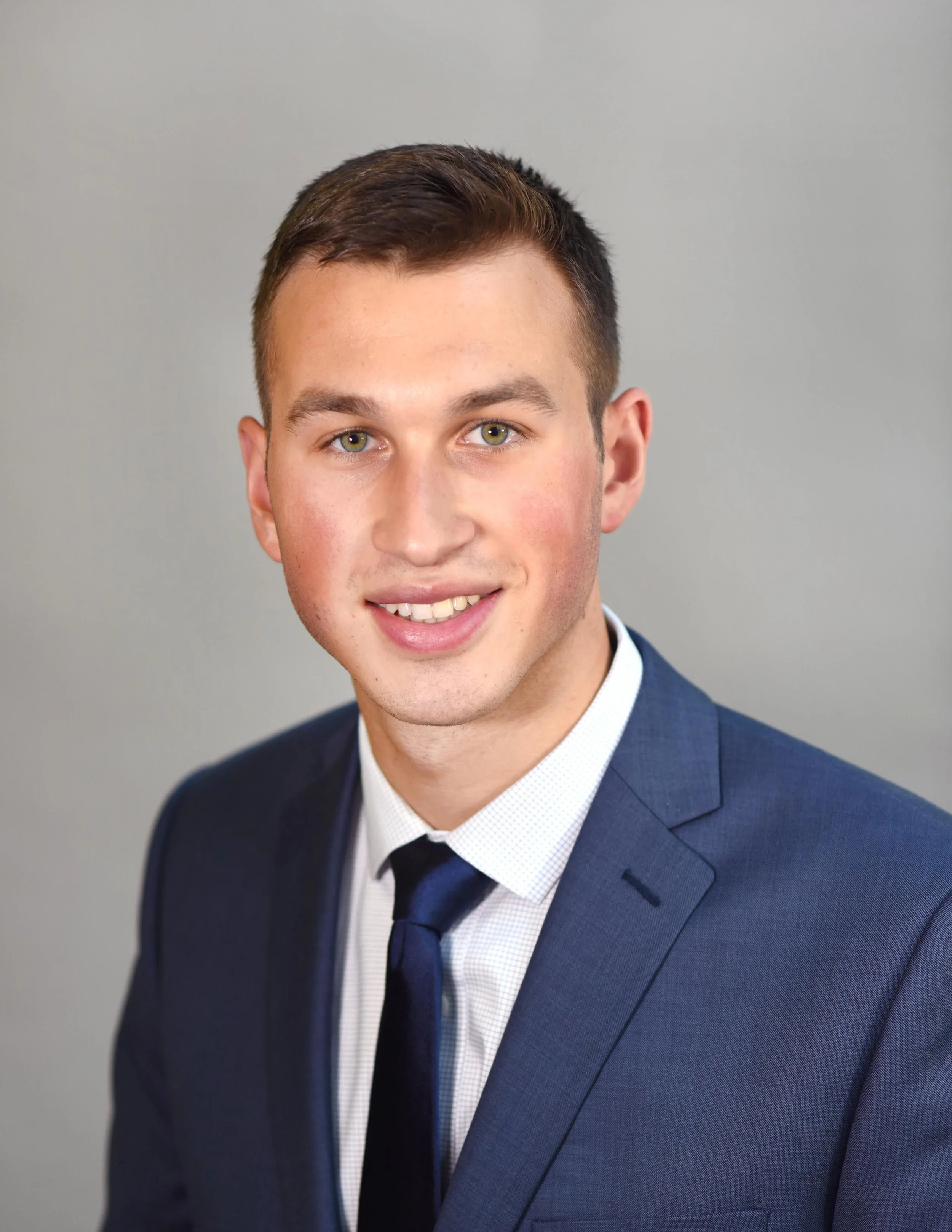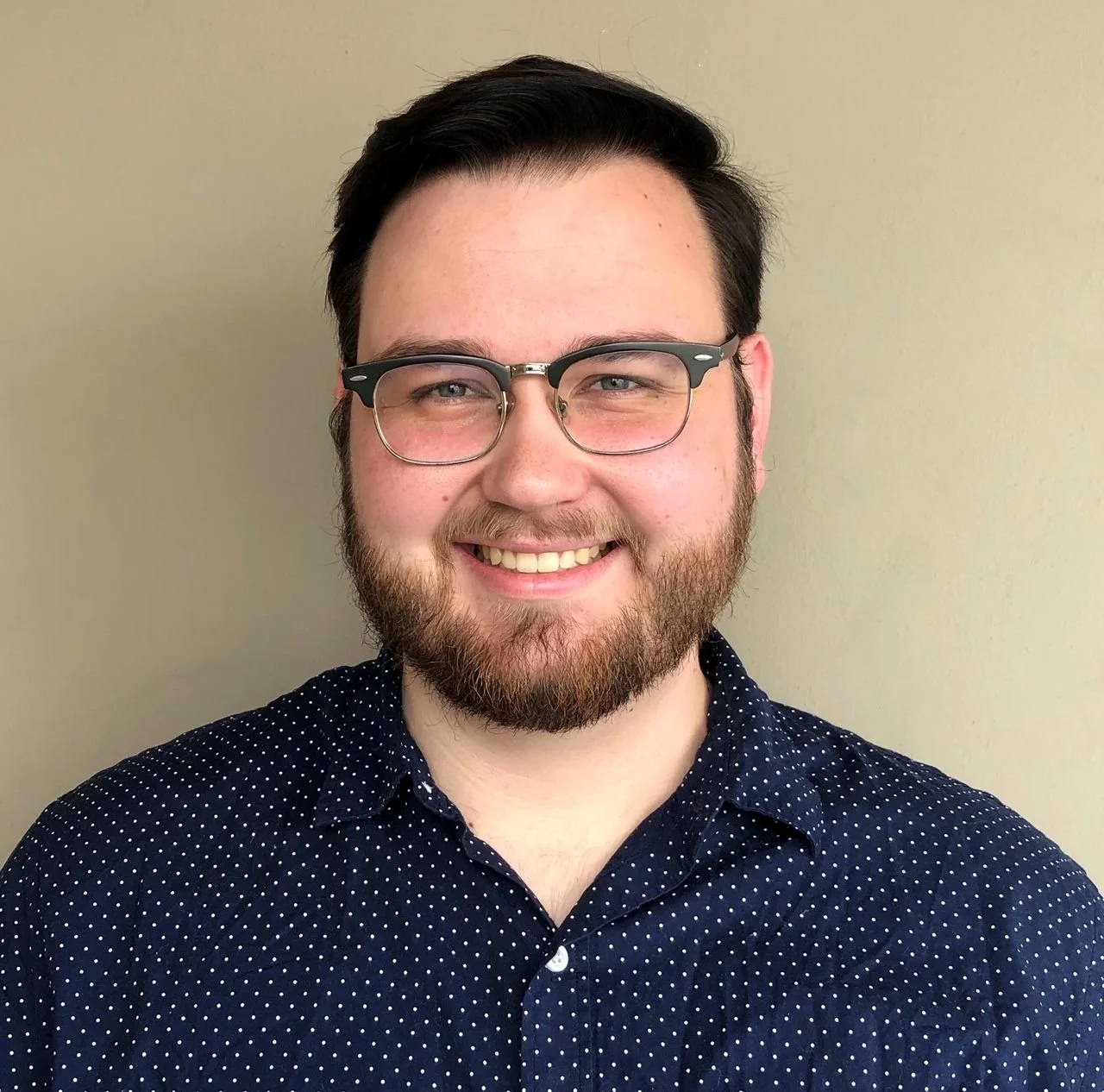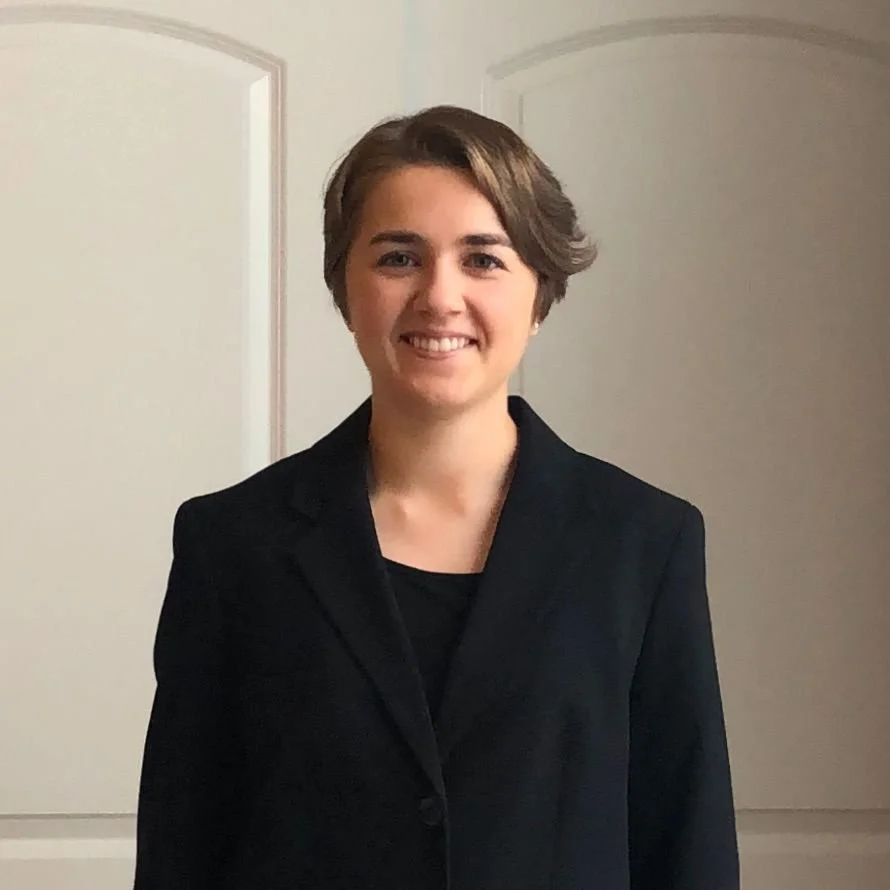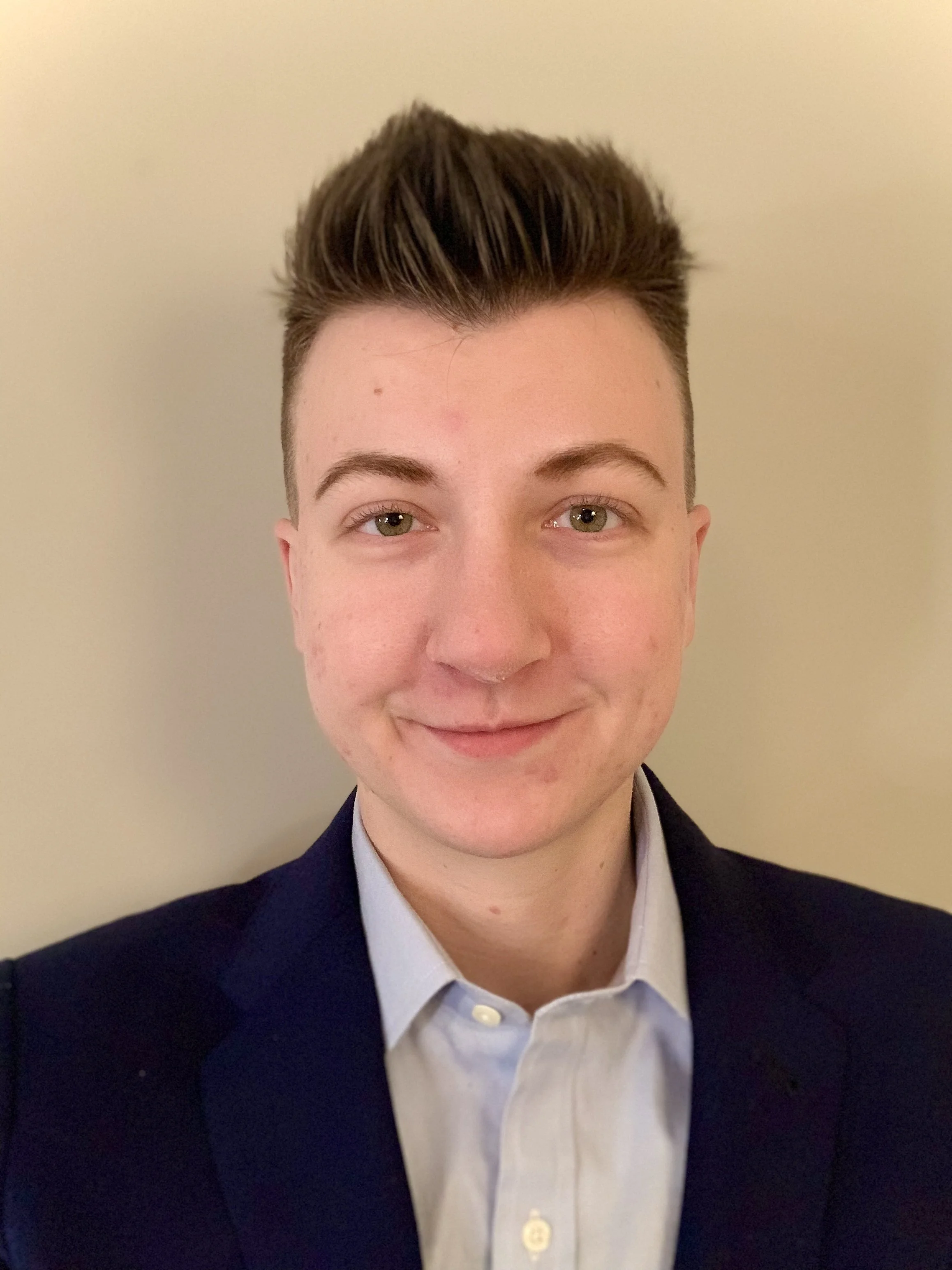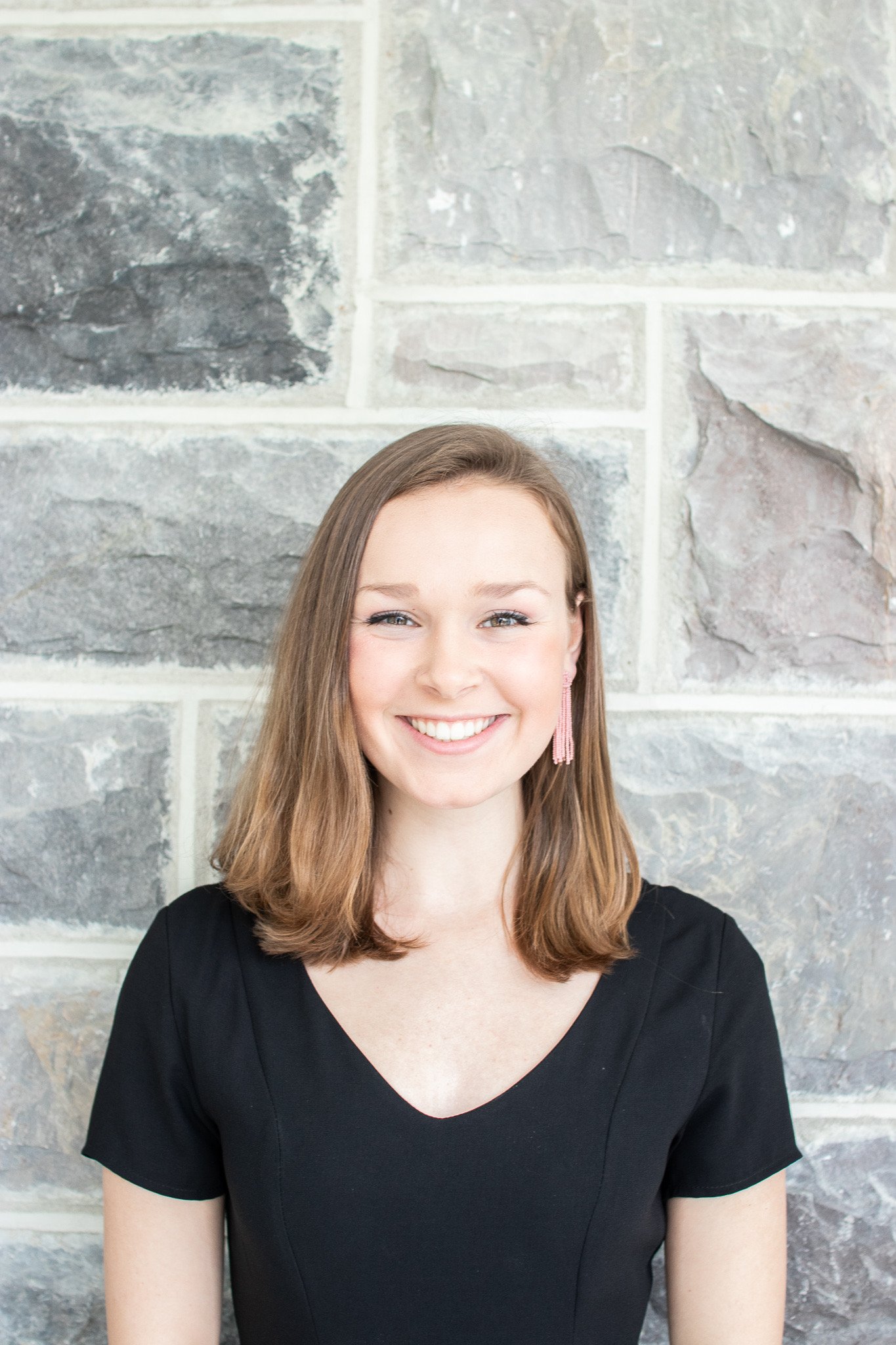Letters of interest to the Law School community may be sent to editor@lawweekly.org. Letters may be published at the discretion of the Editorial Board and are subject to editing for grammar, style, and clarity, but not content or viewpoint. The views expressed reflect the opinion of the writer, and not of the Law Weekly.
Kurt Swalander ‘22
Guest Writer
I received my first shot on April 10, 2020. Although the COVID-19 virus never caused serious concerns for my safety, I accepted my vaccination shots as a civic act. I felt that getting vaccinated meant being one step closer to seizing back the freedoms, privileges, and amenities the pandemic claimed. Some returned, many did not. I can walk outdoors without a mask these days, but several other aspects of our lives are still coerced.
On December 21, 2021, amidst yet another strain of the virus and the seemingly polarized controversies that surround it (which we have come to expect with any issue that captures our collective attention span for more than five minutes), the University of Virginia announced[1] that all students, all[2] Academic Division faculty and staff, and all UVA Health team members must receive a booster shot of a COVID-19 vaccine. I have known for some time that I needed to open my mouth and say something, but I struggled deciphering the appropriate angle to take – a polemic approach full of criticisms against the University for implementing a booster mandate is the route I found myself wanting to take. I have, however, decided against that route, and I hope instead to present a more sober argument, as if to lay my chips out there and say what makes sense to me. I wouldn’t be surprised to find that my views are shared by a fairly large cohort of sane, concerned members of the University community. I have spoken with several people who feel uncomfortable with the way this booster mandate was implemented.
I would like to first highlight that I do hold that vaccines work. This is not a piece against vaccines or boosters. I received the first two doses of the vaccine as soon as I had the opportunity to do so in town, and I suggested that my friends and family do the same. To be honest, I didn’t even find much of an issue with the University’s original vaccine mandate that occurred earlier in 2021. We were saving Grandma.
The vaccine is effective. Enough information is out there to show the vaccine’s efficacy against serious infection, even for traditional college-aged individuals. For example, according to one recent study, the likelihood of death for a person under the age of 30 who has received two doses of the vaccine is zero.[3] But, in light of the new booster mandate, the relevant question to us is not whether vaccines are good, but whether the Omicron variant warrants the demand.
Let me just quickly highlight some of the facts surrounding the city of Charlottesville at the time of the booster mandate. On December, 21, 2021, the city of Charlottesville experienced a daily average of 17 cases,[4] with seven[5] reported deaths since August, 2021, and an average of 73 hospitalized individuals testing positive for a variation of the virus. We have little data deciphering whether many deaths and hospitalizations were caused by the virus or whether there was simply a correlation between someone testing positive and hospitalization or death. I imagine that there is at least some there-there to the arguments that describe hospitalizations as COVID-19 hospitalizations despite the patient never developing symptoms for COVID-19 that would warrant the obvious fear that such a statistic induces on the public; at least some studies have begun to list whether the virus is the “primary diagnosis[6]” (i.e., primary reason for the hospitalization) for hospitalization in its COVID-19 data. We also do not have good data deciphering whether the patients who are becoming hospitalized are infected with Delta or Omicron. I would further expect that at least some of the people who have tested positive are so fear-induced that their psychological state has made their symptoms much worse. These factors all muddy standard forms of analysis.
If there were a colorable argument that advocated that it was my humanitarian duty as a member of society to receive the booster, then neither myself nor many other people (I would assume) would take issue with the University’s booster mandate. But nobody is making the “save your neighbor” argument in 2022. Nor are we hearing the argument that if we don’t get a booster, we are sure to keep seeing new variants, as we were originally told. Instead, we are told that we need to get the booster so as not to “strain” the healthcare system. Perhaps they want to keep University-affiliated individuals away from hospital beds so that such beds may go to others in the greater community. That is a fair point, but one would need at least some evidence that there is a viable threat from that end; yet, hospitals beds in the area are in fact becoming increasingly more available.[7] Furthermore, we have a fair understanding that young adults, especially healthy young adults, are significantly less likely to become severely ill from the virus, and thus significantly less likely to fill hospital beds.
While there is much that we will continue to learn about the virus as research progresses, we appear to have a good bit of relevant information on the variant. By the beginning of 2022, only one death[8] had been attributed to the Omicron variant in the United States, and that victim was an unvaccinated man in Texas with underlying health conditions. We also seem to have a pretty clear picture that antibodies to previous variants of the virus, whether it be through vaccine or natural immunity,[9] provide little protection against becoming infected with Omicron. Plenty of high-profile individuals[10] have been symptomatic and tested positive despite having a booster. Since the vaccines, even after three doses, do not stop symptomatic infection, the vaccines do not stop even the boosted from spreading the virus.
While Omicron provides cause for concern, we should remember that the vast majority of positive cases manifest only in “common-cold symptoms,”[11] according to Dr. Marty Makary, M.D., of Johns Hopkins University. That is even more true amongst younger adults, as young adults and children[12] are significantly less likely to have a serious infection compared to older adults. We have no reason to think that the University community, which was already forced to receive two doses of the vaccine, should expect different results from the general public.
If one wants to get the booster, I think that is a perfectly sound decision. Unfortunately, the decision will have already been made for most of the readers by the time of this publication. The truth, and the issue with requiring boosters, by my lights, follows.
Two points guide my view as to why I take issue with the mandate.
The first, as we have already discussed several times, is that boosters do not appear to play a humanitarian role. Since boosted people are testing positive with symptoms, we know that the boosted are contagious. While some people point to other factors such as viral load to be the real indicator for one’s contagiousness, studies showing a correlation between one’s viral load and contagiousness are shoddy,[13] leaving one hesitant to make conclusions on the importance of viral loads. Further, even if viral load were an important factor,, the decreases in viral load produced by the booster are short-lived, and become insignificant after three months, according to one study out of Israel[14] focused on the Delta variant.
Second, whether one should attribute vaccine hesitancy to misinformation or disinformation, the fact remains that there are people who do not feel comfortable receiving the vaccine. That is an unavoidable fact that all sides to the argument can agree upon.
Again, if one wants to receive a booster shot, and it is available, they should have the power to do so. But why must we be forced? Humans, especially the type in the United States, who let liberty beat through their chest, generally dislike finding themselves on the receiving end of political domination. If an institution is to keep a high degree of civic compliance, the rules it implements must make sense to the members (i.e., the members believe the rule benefits them), or the threat of force against the institution’s members for breaking such rules must be powerful enough to coerce compliance. Those latter situations are to be reserved. Members will comply with the University’s mandate, but there will be a significant number of members who comply for the latter reason, fear.
For me, this is not about the booster. I don’t really believe I need the booster—I’ve had the vaccine and previously had Omicron—but I might have gotten it on my own. I was certainly contemplating doing so. If the booster is available, and if one wants it and qualifies to take it, one should take it.
What I am advocating for instead is that we establish a limiting principle. An idea of what this social contract with the University, to which we are all parties, entails. Does my status as a student at the University override my basic rights—i.e., my bodily autonomy? Perhaps so, but this is something we should know, so that we can have a clear understanding of the dominating forces we can prepare to have pushed upon us. We do not live under the Leviathan (the beauties of a federalist political system protect us from that), but it would be nice to have a better understanding of where the line is drawn when it comes to the University’s willingness to coerce its student body, faculty, and staff.
---
kks3tm@virginia.edu

